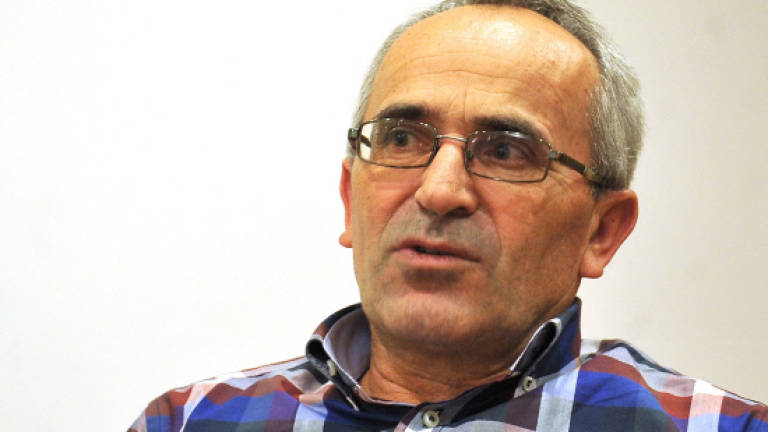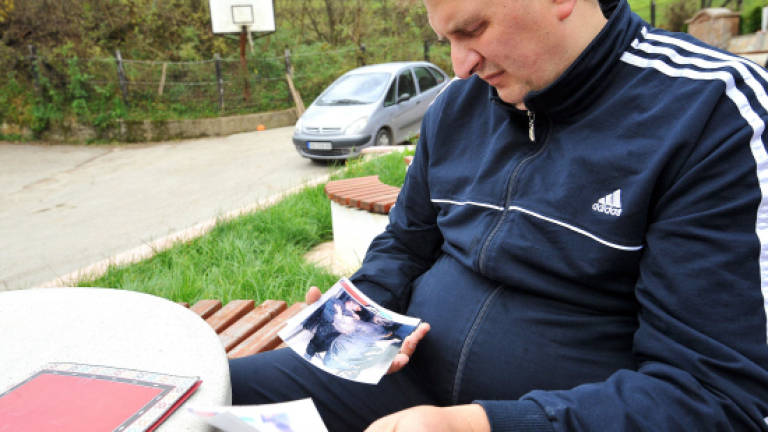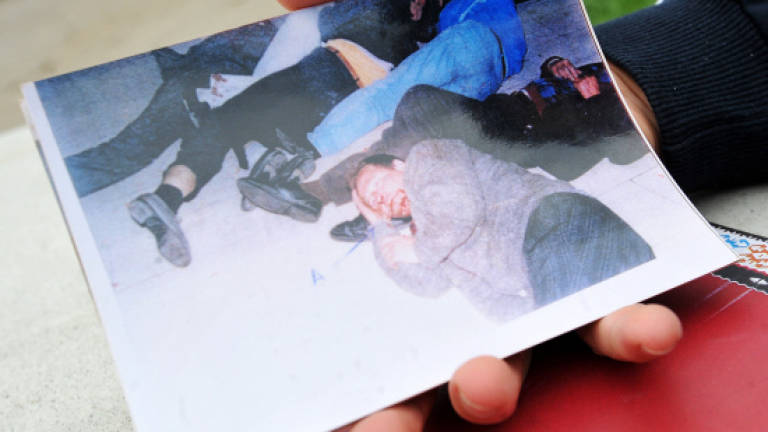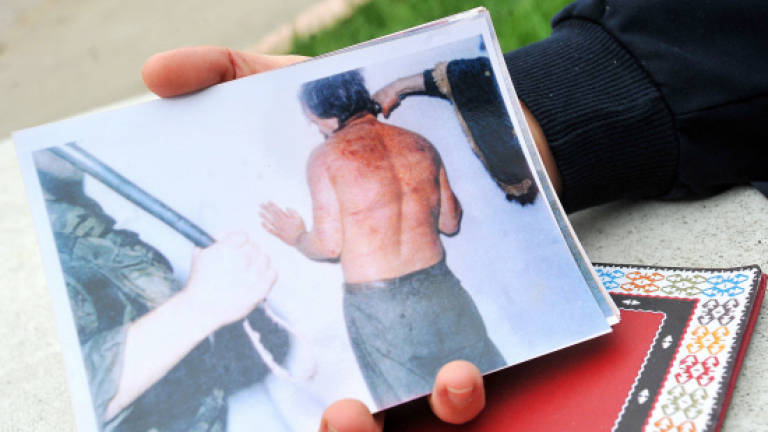The forgotten victims of Serbian wartime atrocities




BUS driver Adem Alomerovic was returning home to southern Serbia after undergoing medical tests in Belgrade when he was hauled off a train by members of a notorious militia as it crossed through Bosnian territory.
Alomerovic, 57, and another 18 passengers were bundled off to a nearby school gym where they were robbed, stripped naked and brutally tortured before being executed and dumped in a river.
Their crime? They were mostly Muslim men living in Sandzak, a poor mountainous region of Serbia, during the first year of a bloody inter-ethnic war just across the border in Bosnia.
Almost a quarter century on, the relatives of the victims of the 1993 atrocity are still waiting for justice.
"We are all still crushed by this," Alomerovic's 61-year-old daughter Ramiza Mulic told AFP.
"Even the birds know what happened ... but nobody wants to tell us anything, to help us to ease our pain, helplessness and humiliation."
The fearful Muslims of Sandzak had been desperately trying not to get caught up in the conflict just across the border that was pitting Croats, Muslims and Serbs against each other.
Betrayed by their names
Nijazim Kajevic, a telecommunications technician, was another passenger on the ill-fated train, returning home from a birthday party for a friend's son in Belgrade when it made an unscheduled stop in the border village of Strpci on February 27, 1993.
He and the other men, given away by their Muslim family names, are believed to have been abducted by the feared Serb paramilitary group known as "Osvetnici" (Avengers) headed by convicted war criminal Milan Lukic.
Kajevic's brother Nail told AFP he was certain the massacre was a deliberate plot masterminded in Belgrade to chase away Muslims from Sandzak.
"Their goal, the forcible displacement and intimidation (of Muslims), was eventually achieved," he said.
Serb forces – who persecuted and exterminated hundreds of thousands of Croats and Muslims during the Bosnian war – wanted to ethnically "cleanse" the Sandzak area, agreed Mulic.
Before the war Muslims made up less than three percent of Serbia's mainly Orthodox Christian population.
Just four months before the Strpci killings, an Avengers unit had intercepted a bus in the area carrying 16 Muslim workers, including one woman, from the village of Sjeverin.
They were never seen again.
Serbia's silence
Lukic was arrested in 2005 in Argentina and sentenced to life in prison for war crimes – but he was never charged over the Strpci massacre.
The only person convicted was Nebojsa Ranisavljevic, who was sentenced to 15 years prison in 2002 by a court in nearby Montenegro before being released nine years later.
The identities of the other suspects surfaced in Ranisavljevic's confession read out at his trial.
Sixteen of them, who had become bar owners or shopkeepers after the war, were arrested in 2014 in Bosnia's Serb-run Republika Srpska or Serbia itself.
Eleven have gone on trial in Sarajevo but the others are still being investigated in Belgrade.
Belgrade's failure to bring anyone to justice "proves that Muslims are still not considered equal citizens in Serbia," said Muamer Zukorlic, the former mufti of Sandzak and now a Serbian MP.
In the town of Prijepolje, home to several of the victims, an inscription on a monument in their memory states that "anyone in this country who forgets" the killings "is giving up on the future".
Shortly after the victims disappeared, thousands of people massed every day for weeks outside the town hall seeking answers.
"We were all frightened," recalled Nail Kajevic, saying residents gathered despite fears they could themselves be rounded up by Serb forces.
On March 17, 1993, late Serbian strongman Slobodan Milosevic flew in on a helicopter and promised to find the missing, and later met with victims' families in Belgrade on four occasions.
Still seeking revenge
For a while afterwards the relatives believed their loved ones had been abducted to be exchanged for Serb prisoners of war held by Bosnian Muslim forces.
But today, Kajevic said he is convinced that Milosevic, the mastermind of a "Greater Serbia," knew everything about the fate of those who went missing.
Belgrade refuses to "shed a light on the crimes in which its services were involved", he said.
Relatives of the victims want the European Court of Human Rights to order compensation for their families.
At her house in Novi Pazar, Sandzak's main town, Mulic vowed she would never forgive her father's killers.
"I would like to swap roles, that we do to them what they did to us," she said, drawing a finger across her throat. — AFP